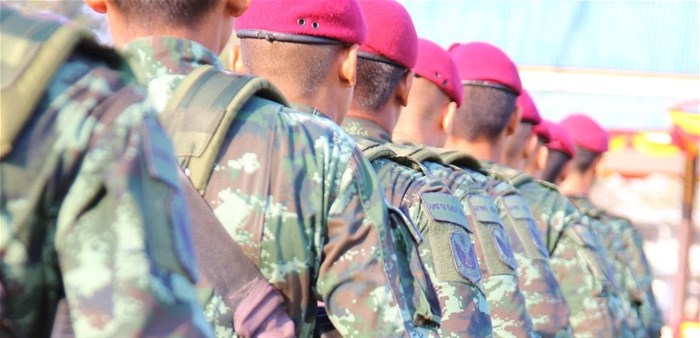
South Africa has not had a state of emergency since the apartheid era. Lessons learnt from that period are not particularly helpful in the current situation for a range of reasons, the most important being that any new state of emergency is now governed by our Constitution.
The legislation regarding states of emergency in South Africa is extremely scant. They are governed by section 37 of the Constitution and by the State of Emergency Act, No 64 of 1977 (the Act). No regulations have been promulgated in terms of the Act.
In terms of section 37(2) of the Constitution, a state of emergency can only be declared for a period of 21 days from the date of declaration, unless the National Assembly resolves to extend the declaration. The National Assembly may extend the declaration of a state of emergency for no more than three months at a time. The first extension of a state of emergency must be by a resolution adopted with the supporting vote of a majority of the members of the Assembly. Any subsequent extension must be by resolution adopted with the supporting vote of at least 60% of the members of the Assembly.
So unlike a state of disaster, a state of emergency is more closely supervised by Parliament. In terms of section 3 of the Act, Parliament has the responsibility to supervise any regulation, order, rule or by-law made in pursuance of any such declaration of a state of emergency.
In terms of section 1(1) of the Act, the President may declare a state of emergency in the Republic as a whole or in any area within the Republic. So it would be possible for him to declare a state of emergency in, for example, KwaZulu-Natal alone.
In terms of section 2(2)(a) of the Act, the President may, by way of the regulations promulgated by him, empower
such persons or bodies as may be specified therein to make orders, rules and by-laws for any of the purposes for which the President is authorised by this section to make regulations, and to prescribe penalties for any contravention of or failure to comply with the provisions of such orders, rules or by-laws.So effectively the President remains ultimately responsible but can delegate his responsibilities.
This will be determined by the regulations, or by the orders, rules and by-laws promulgated in terms of the regulations. The main difference between a state of emergency and a state of disaster is that certain protections afforded by the Bill of Rights can be suspended in a state of emergency. The major one is that persons can be detained without trial, subject to a large number of restrictions. This enables persons to be arrested and detained on a large scale as happened during the states of emergency under apartheid.
Section 37 of the Constitution contains a table which sets out which rights in the Bill of Rights are non-derogable. The implication is that all other rights can be derogated. Thus, for example, freedom of movement, freedom of trade and freedom of association can be restricted under the state of emergency, but the rights to equality, human dignity and life cannot be derogated.
It is impossible to say at this stage what rights the military will have. But it is possible for them to have rights conferred on them which go beyond those they hold currently. Thus, for example, the military could be given the right to arrest and detain, a right which currently is only conferred on the police.
The state of emergency can be utilised to restrict movement of persons. Thus, for example, if there is a particular "hotspot", movement in and out of that area could be restricted. That could impact on trade. Any restrictions on movement could also impact on employees travelling to and from work. But as already stated, the purpose of a state of emergency is to restore peace and order, not to restrict economic activity in any way.
This is preliminary and speculative advice which can be supplemented if and when a state of emergency is proclaimed, and regulations are promulgated.